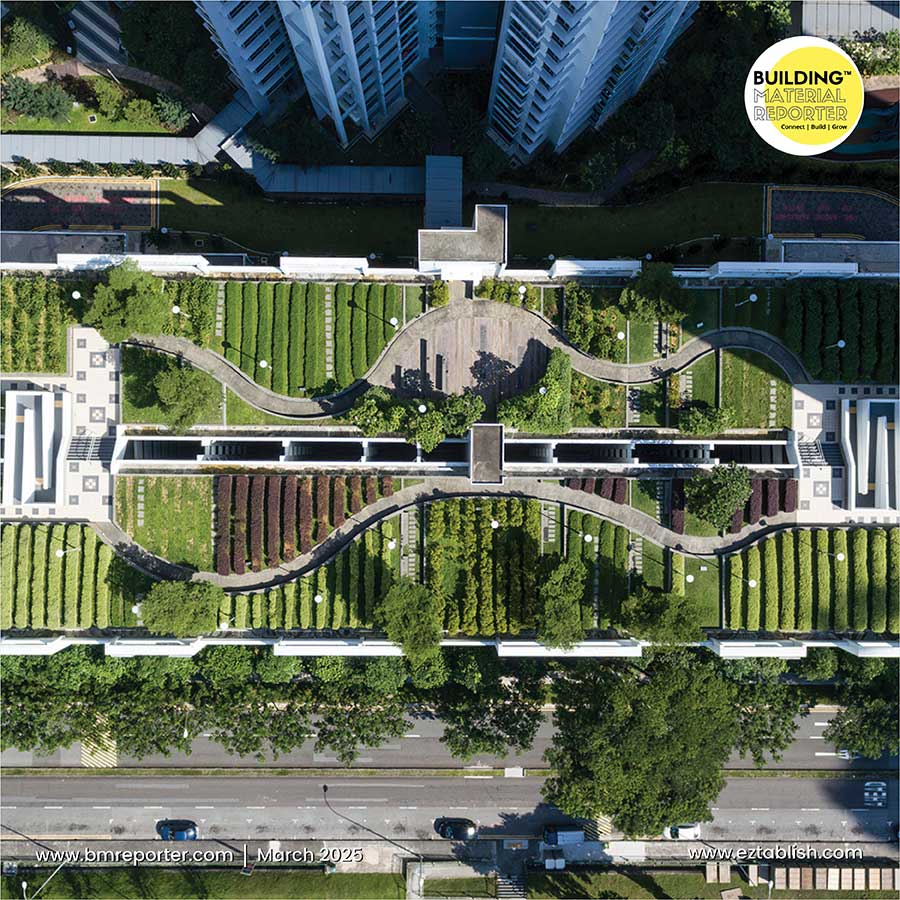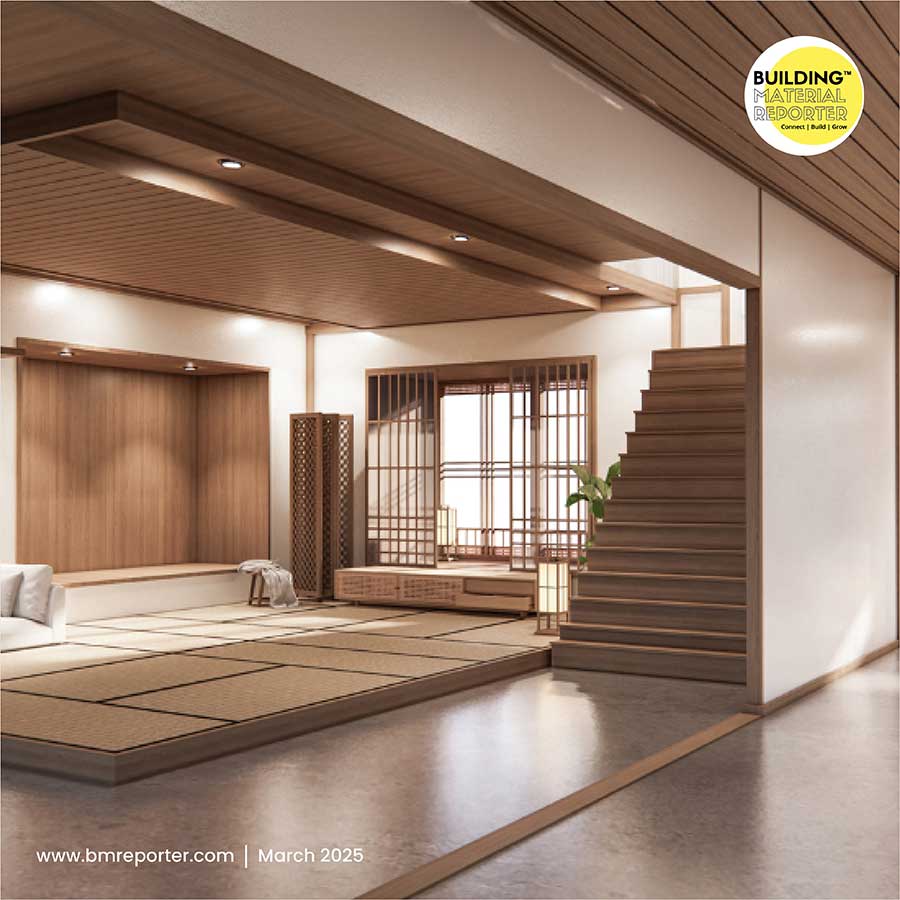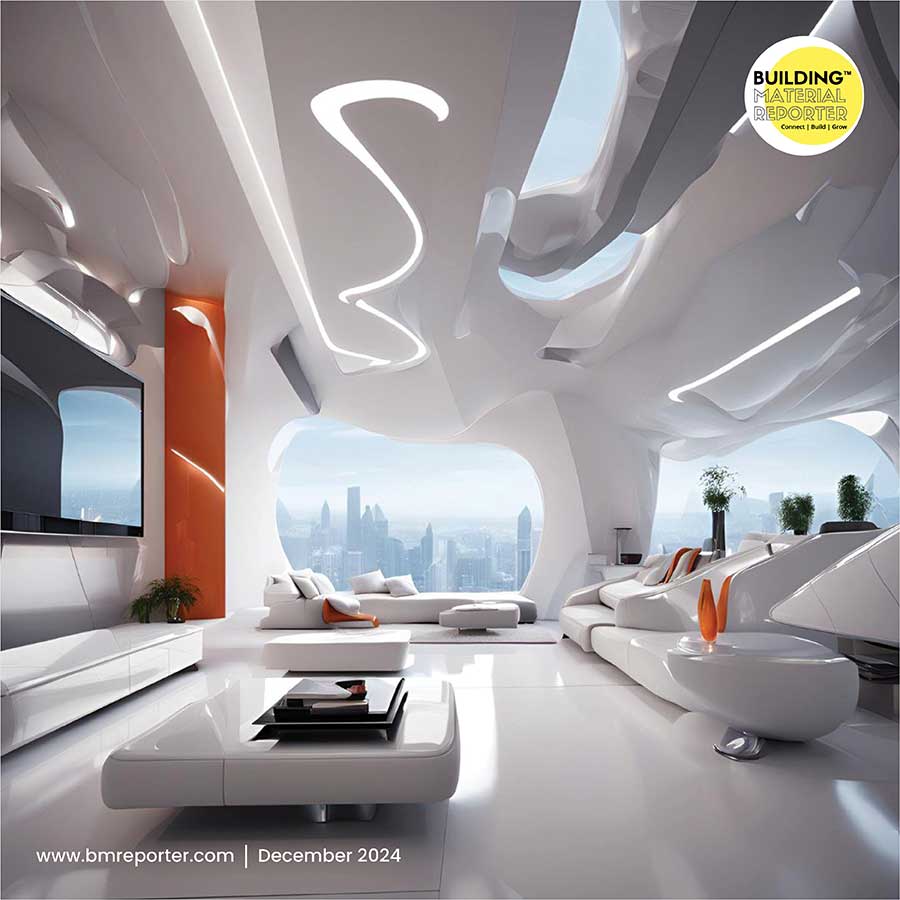Prefab And Modular Construction
- November 21, 2023
- By: Editorial Team
- INFLUENCERS
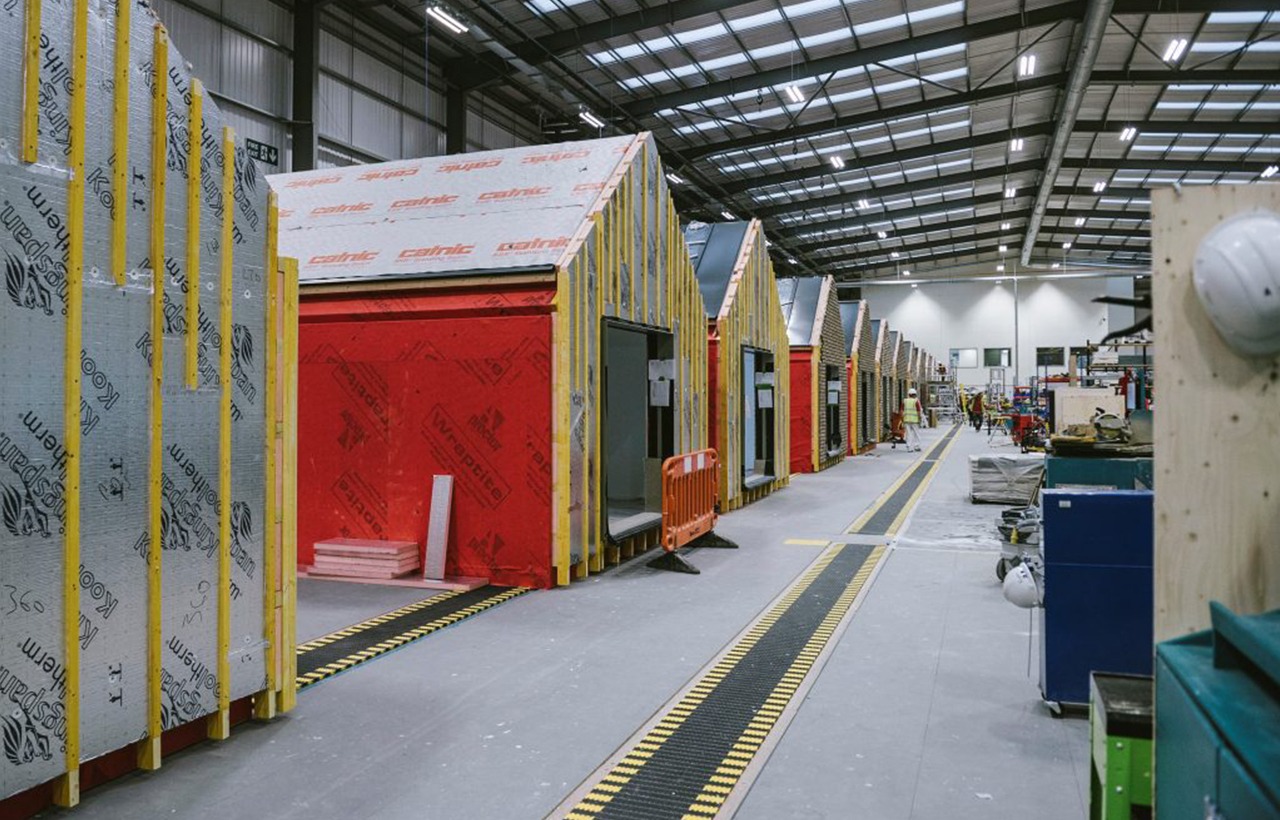
Prefab and modular construction is a smart and innovative approach offering numerous advantages for construction projects.
Prefab and modular construction is indeed considered a smart and innovative approach to building and construction for various reasons. This method offers several advantages that make it a compelling choice for many construction projects. Here are some reasons why prefab and modular construction is the smart way forward:
Read More: Prefabricated Housing- A Concrete Solution for the New Construction Era
- Speed and Efficiency: Prefabricated and modular components are manufactured in controlled factory environments. This results in faster construction times compared to traditional methods, as weather and other on-site factors have less impact on the process. Projects can be completed in a fraction of the time.
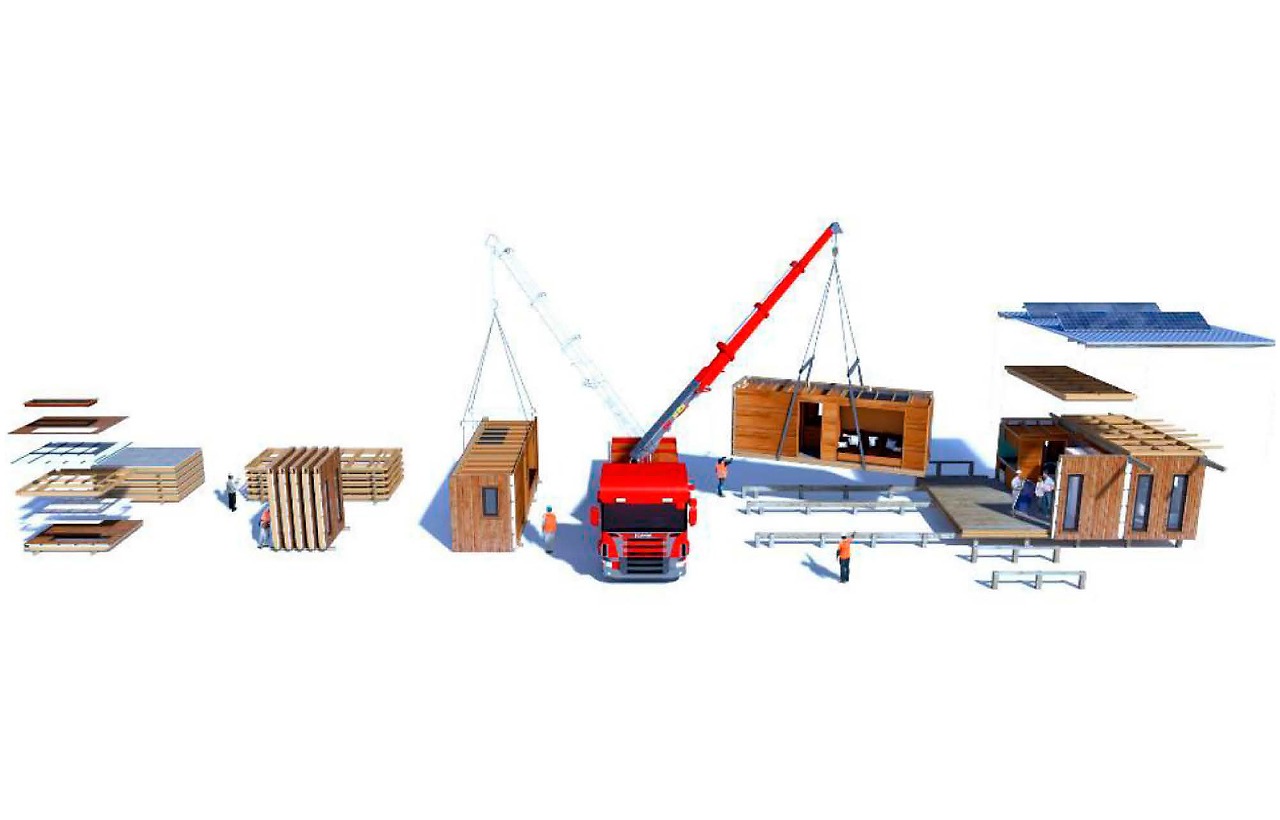
- Cost Savings: Time efficiency translates to cost savings. Reduced construction time, less material wastage, and often lower labour costs contribute to overall cost-efficiency.
- Quality Control: Factory-controlled manufacturing ensures a higher level of quality and consistency in building components. This leads to fewer defects and improved structural integrity.
- Sustainability: Prefabrication allows for more efficient use of materials and reduces construction waste. Additionally, modular and prefab buildings can be designed to be energy-efficient and incorporate sustainable materials.
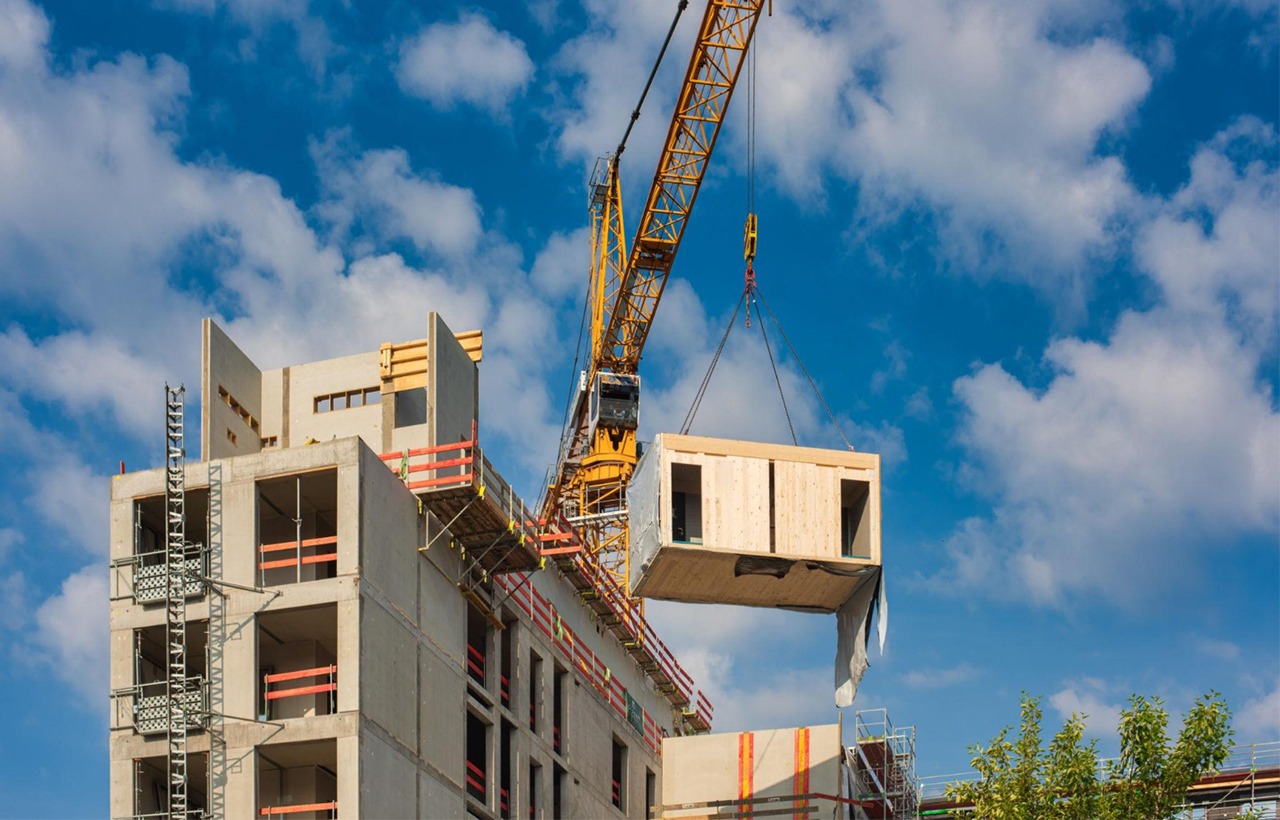
- Flexibility and Customisation: Prefab and modular construction can be highly customisable. Design elements can be tailored to meet specific project requirements, and modular units can be easily reconfigured or expanded as needed.
- Reduced Disruption: Prefabrication minimises the disruption to the surrounding environment and community during construction, making it a practical choice for urban areas or sites with limited space.
- Predictable Timelines: Construction schedules are more predictable and can be planned with greater accuracy, reducing the risk of project delays.
- Health and Safety: Working in a controlled factory environment can enhance worker safety. Fewer on-site labour hours mean fewer potential accidents.
- Innovation and Technology Integration: Modular construction lends itself well to the integration of smart technologies, such as IoT (Internet of Things) systems and energy-efficient solutions.
- Consistency: Modular units are built to consistent standards, ensuring that each unit meets the same quality and design specifications.
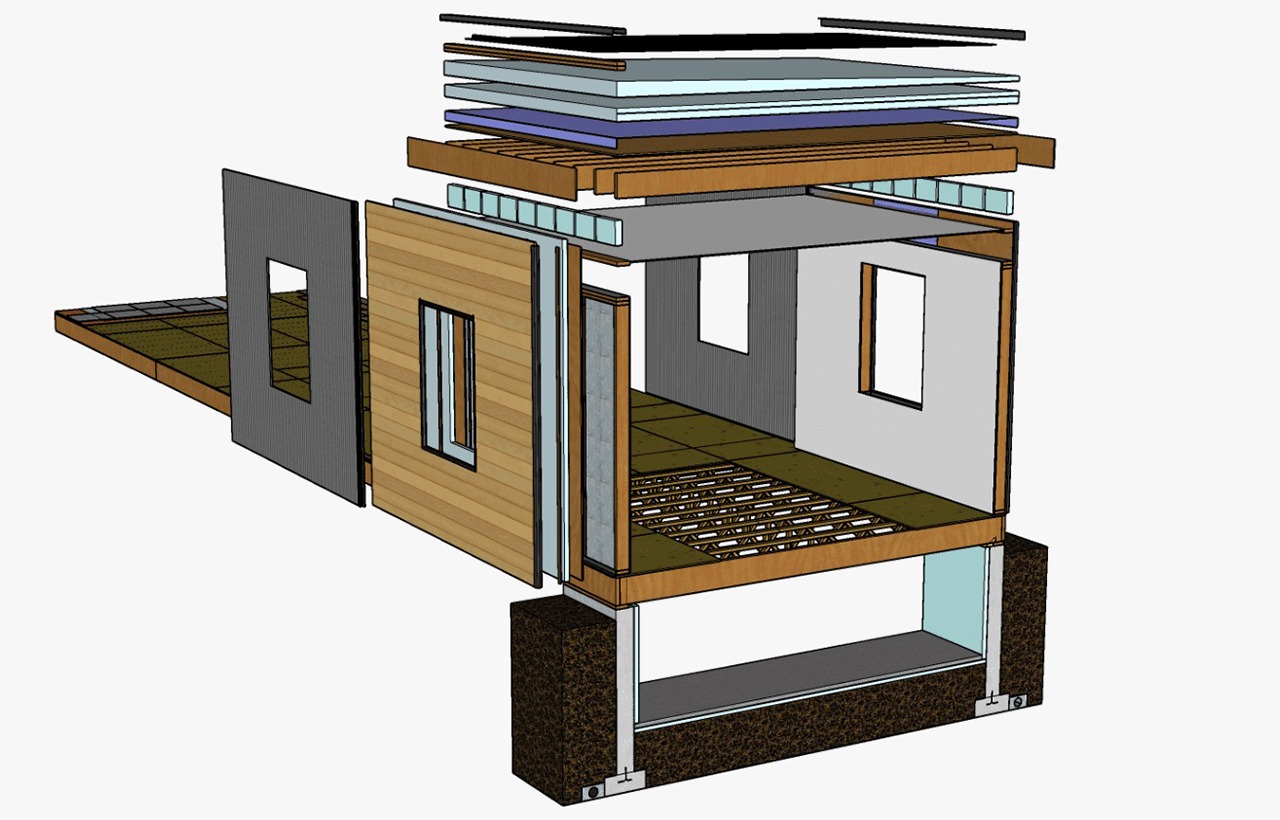
- Transportability: Modular units are designed to be easily transportable, allowing for greater flexibility in relocating or repurposing buildings.
- Low Site Impact: Prefabricated construction often results in minimal site disturbance, making it suitable for environmentally sensitive or densely populated areas.
- Resilience: Modular construction can be designed to meet high standards of structural resilience, making it a smart choice for buildings in areas prone to natural disasters.
Read More: The Magical Prefab House Using Mitsumi’s Light Gauge Steel Frame Construction Technology
- Adaptability: Prefabricated buildings can be easily adapted for various uses, including housing, offices, schools, and healthcare facilities.
- Waste Reduction: Reduced material waste, efficient production processes, and the potential for recycling and reusing components contribute to lower environmental impact.
In short, prefab and modular construction offers numerous benefits, from time and cost savings to sustainability and improved quality. As cities and construction industries face increased demands for efficient, sustainable, and cost-effective building solutions, prefab and modular construction methods are indeed the smart way forward.


